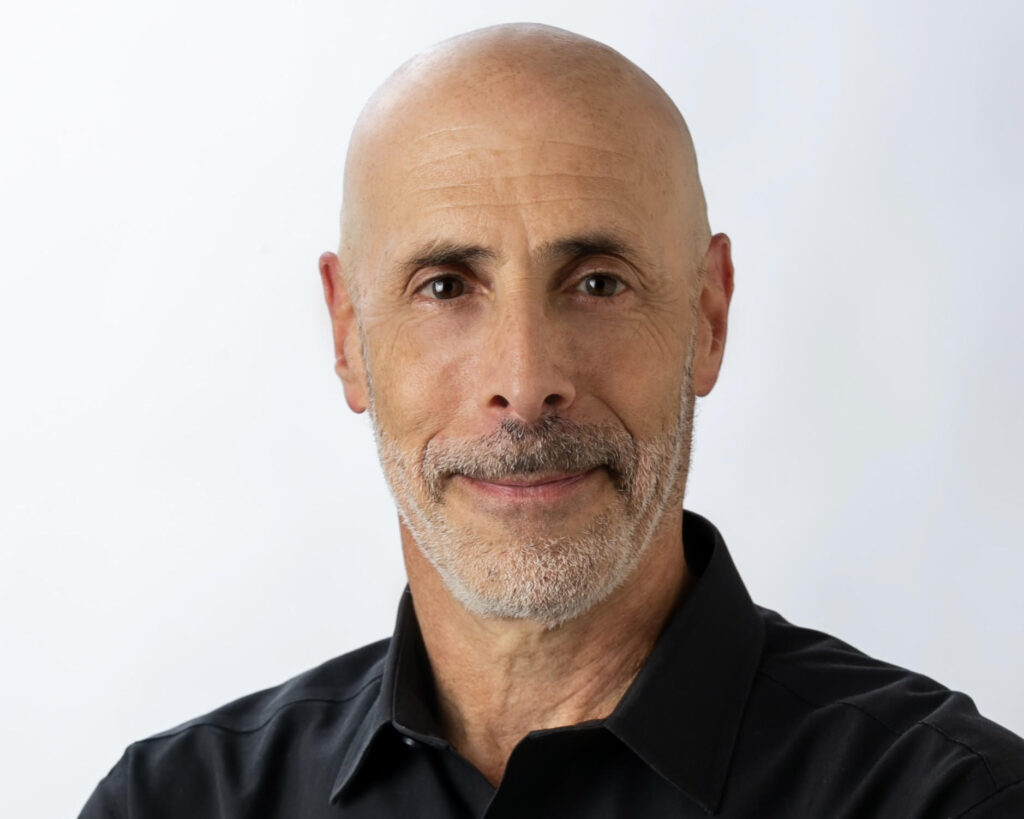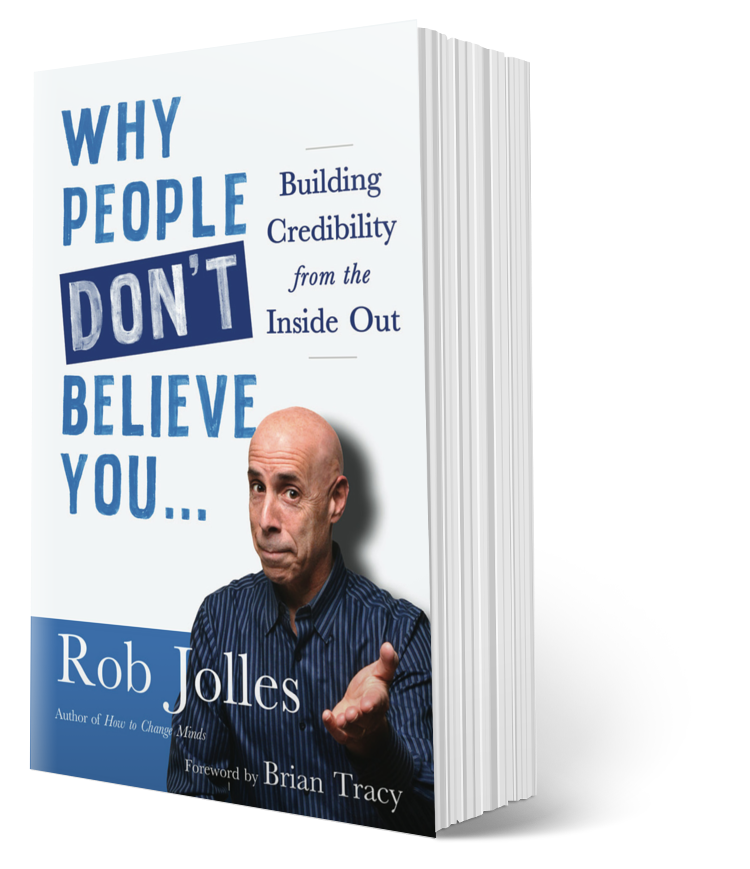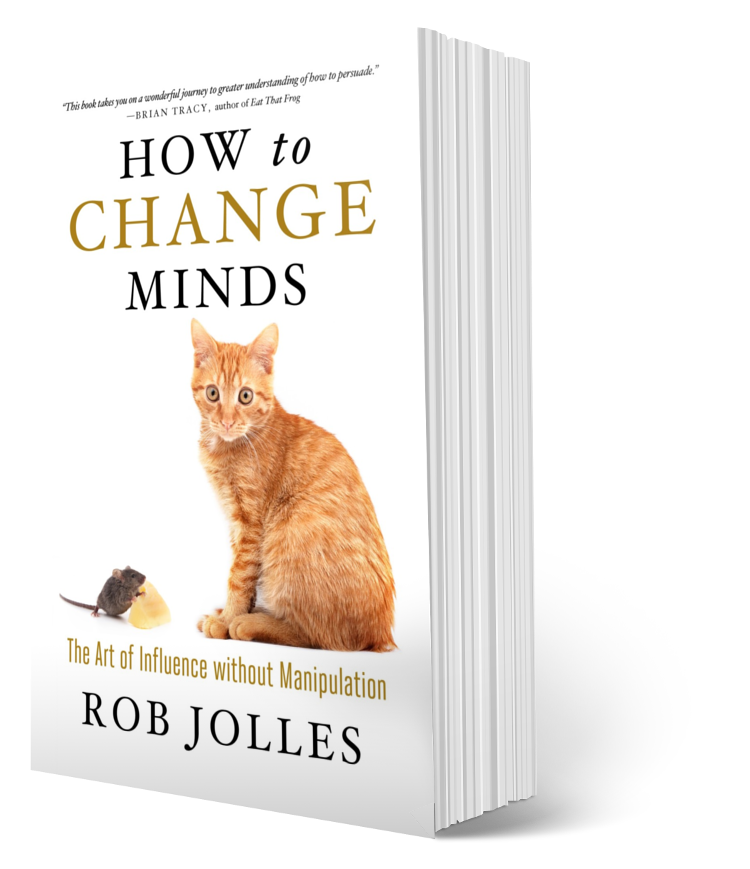Change of pace today. Most often, I interview fiction authors. Today’s guest has done everything but write fiction. Rob Jolles coaches speaking and writing. He’s written several nonfiction books and hundreds of blogposts he calls “Blarticles®.” He hosts podcasts and was kind enough to interview me on his “A Book Finds You” podcast.
Here’s his bio:
A sought-after speaker and five-time Bestselling author, Rob Jolles has spent over three decades traveling close to 3 million miles in the air teaching, entertaining, and inspiring audiences worldwide. His books, including How to Change Minds, Customer Centered Selling, Why People Don’t Believe You, How to Run Seminars & Workshops, It’s a Blarticle®! and The Way of the Road Warrior, have been featured in USA Today, Investor’s Business Daily, Harvard Business Review, and Publisher’s Weekly.
Rob is also the host of over 500 podcasts including “A Book Finds You,” and “Pocket Sized Pep Talks,” a podcast he launched over four years ago, and now currently in the top 2% of downloads nationally.
Next, the interview:
Poseidon’s Scribe: Most often, I interview writers, but you’re more than that. You’re a speaker and, through Jolles Associates, Inc., you give talks to businesses and also coach the art of speaking. What got you started doing that?
Rob Jolles: Rather than being a writer who speaks, I’m what I refer to as speaker who writes. I was a trainer for Computer Sciences Corporation, Battelle Memorial Institute, and Xerox, and I loved it, but I dreamed of something more. One day a professional speaker was hired by Xerox and came in to deliver a presentation, and he had one thing I did not have; a book. I watched him carefully, and was the only other speaker on the agenda that day. My feedback scores were significantly higher than his and I thought, “I can do that!” So, 32 years ago I took the leap, and the first thing I knew I needed to do was start writing! Seven books later, I’m still writing. As for coaching others in the art of speaking, when you’ve actually done it for over 40 years, and written about it, it’s a natural fit.
P.S.: You coach people in both speaking and writing, two very different modes of communication. What aspects, if any, do you emphasize with your writing clients that differ from what you tell your speaking clients?
R.J.: It’s an interesting question because I don’t seem them as, “very different modes of communication.” Everyone has their own writing style, but here’s where a business book is a little different from a fictional book. I’ve always believed one of the best compliments you can get from a reader is to hear, “When I was reading your book, it was if you were here talking directly to me.” Of course, there are other significant differences such as the physical nature of speaking, the necessity to hold someone’s interest in your presentation, and the number of activities that support your message in a presentation. However, I coach both types of clients’ needs because both are necessary to make it as a professional speaker.
P.S.: Thank you for interviewing me on your “A Book Finds You!” podcast. How did you get started doing that, and what’s the meaning behind the podcast’s title?
R.J.: I got started podcasting close to six years ago with a business show called “Pocket Sized Pep Talks.” Almost all my guests are business authors and I found myself almost always asking the question, “I’m not going to ask you how you found this book; I want to know how it found you!” I noticed that every time I asked that question my guest’s faces would light up because there was always a story to tell. I approached the Writer’s Center in Bethesda first, because I teach there, but they wanted to go in a different direction with a show that never got off the ground. I then pitched it to the Maryland Writer’s Association, who loved the idea and away we went!
P.S.: You’ve written the book Why People Don’t Believe You…Building Credibility from the Inside Out. Since you asked me this question about my book, it’s my turn. How did your book find you?
R.J.: I do love that question! I had been volunteering for almost a decade for a group called, Career Network Ministry, and noticed an unusual pattern. People were learning elevator pitches, and star stories, but having trouble delivering them in an authentic manner. My working title was a little kinder, “It’s not the Words, it’s the Tune!” but I guess that wasn’t eye-catching enough and my editor changed it. But that book and title found me, and the wonderful people there allowed me to experiment with all kinds of different tactics that found their way into the book.
P.S.: Regarding Why People Don’t Believe You, fiction writers might not think that book would apply to them, since they don’t expect readers to believe their stories. Do you think fiction writers would benefit from this book, and if so, how?
R.J.: Of course fictional readers would benefit. I’m not asking them to believe in the fictional stories they write; I’m asking them to believe in themselves as writers. As a guy who interviews 100’s of fictional writers and poets I can tell you firsthand there’s a lot of imposter syndrome issues with these writers… and all writers for that matter.
P.S.: Another of your books, How to Change Minds: The Art of Influence without Manipulation, features a cat and mouse on the cover. That cover alone likely changes minds from “don’t buy” to “must have.” What is the most important thing fiction writers can do to change readers’ minds from casual perusers to loyal fans?
R.J.: Well, I’m not sure I make the same connection you have here with that cat and mouse, which is one of my favorite reasons for loving that cover. People see what they choose to see. That said, it’s a book that deals with the art of persuasion, and not being ashamed to push for an idea that you truly feel would benefit those you are interfacing with. One way to do this is to learn how to write a hook for the books that are written. I make that a requirement for being on the podcast, “A Book Finds You!” Even with a document that teaches guests how to write a hook, I’ve only had one author out of the 40 I’ve interviewed give me anything close to a hook. I get a synopsis, which I’m sure is interesting to the writer, and tells the reader what the book is about, but doesn’t provide a compelling reason why to read the book, or for my case, listen to the author talk about the book on a podcast.
P.S.: What are the easiest, and the most difficult, aspects of writing for you?
R.J.: The easiest part of writing is trusting my voice and message. I don’t write about things I don’t know about intimately. The hardest part about writing for me is to be patient enough to wait for an idea I’m so attached to, I can’t help but write about it. This is something you can’t wish for, or fake. That book has to find me!
P.S.: Many introverted fiction writers detest the person-to-person marketing aspects—speaking on conference panels, reading to an audience, and book signings. What’s the best piece of advice you could give them about how to engage with a live audience in an effective way?
R.J.: Imagine your book is one of your children. Remember, you’re not fighting for you; you’re fighting for your book. You worked too hard to create that book to not do all you can to give it the best life it could possibly live.
P.S.: You excel in person-to-person communication in several modes (speeches, podcasts, books, Blarticles®, social media, etc.) and for several purposes (persuasion, education, entertainment, etc.). Fiction writers focus on the narrow slice of writing books for entertainment, but you glide across the communication spectrum as if modes and purposes blend together. Do they blend into one for you, or have you mastered the techniques for each separate mode and purpose?
R.J.: Well, some tasks are easier and blend together better than others. For instance, podcasts allow me to not only extend my network, they allow me to, as you say, glide across the communication spectrum. But please note, like many will tell you, it’s not always a lot of fun. I was raised by a Marine, and that meant learning to fight like heck for what you believe in, and never, ever give up. It’s a marathon, and I just take it week by week and do the best I can.
P.S.: What is the next book you’re writing? Would you mind telling us a little about it?
R.J.: It took seven years, but a book found me about four months ago. I’d prefer not to go into much detail here, but I can tell you where it will be found in the bookstore. Business, Self-Help…
Poseidon’s Scribe: What advice can you offer aspiring writers?
Rob Jolles: Whatever dream you have in your mind that involves the joy you might feel from writing a book, the reality is even better. It’s an amazing accomplishment, and one that is deeply personal. We all have our own voice, and it’s a voice you need to believe in. You are good enough to do this. Just remember this, which I keep near where I write: Planning to write is not writing. Thinking about writing is not writing. Talking about writing is not writing. Researching and outlining to write is not writing. None of this is writing. Writing is writing.
Get that outline going, and start. Today.
Poseidon’s Scribe: Thank you, Rob. Great advice!
Readers can find out more about Rob Jolles almost everywhere, but specifically at his website, on LinkedIn, by reading his LinkedIn newsletter, through his “Pocket Sized Pep Talks” podcast, through his “A Book Finds You!” podcast, by reading his BLArticles®, on Facebook, on X, at his Amazon Author Page, on Amazon Music, and at his YouTube channel.



